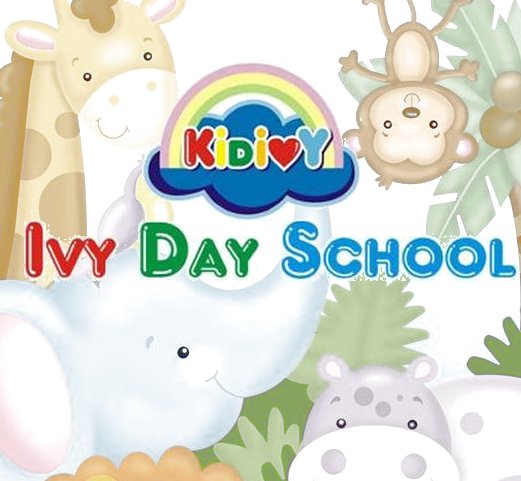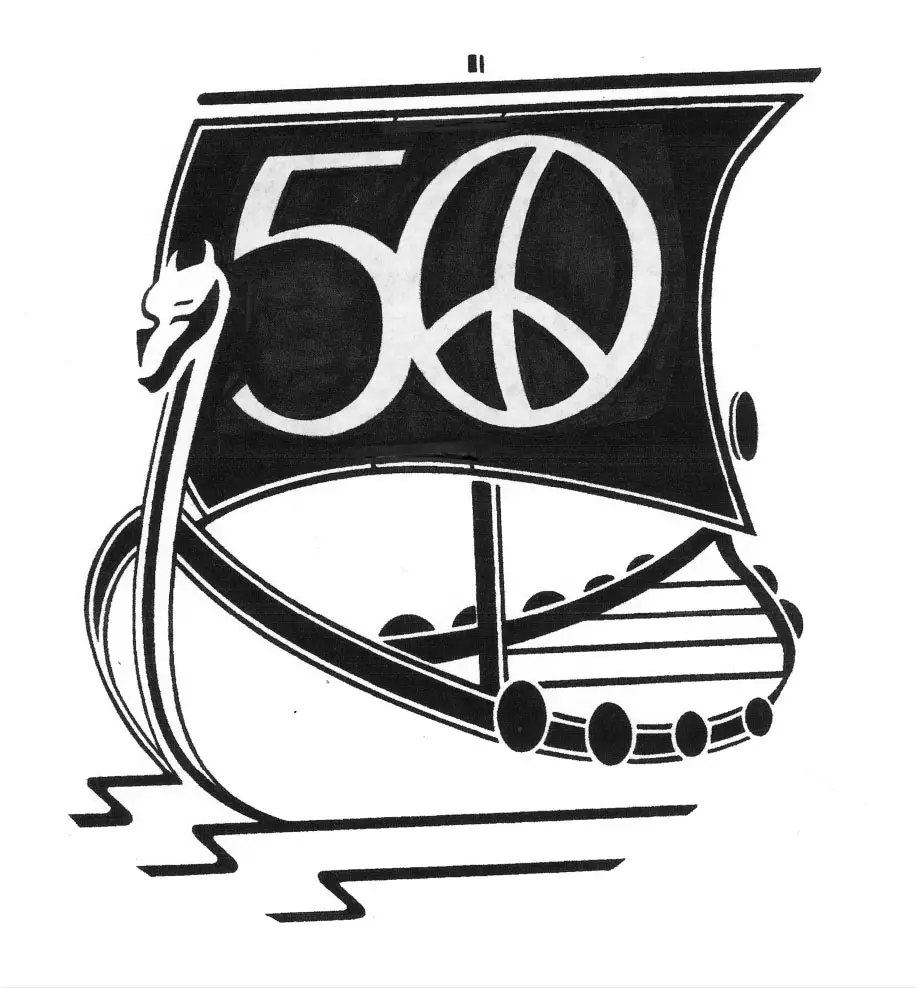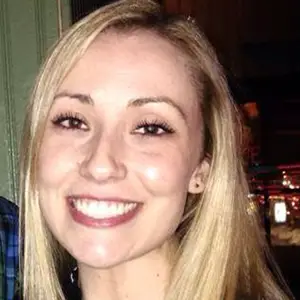More News Articles:

What Is Open in NYC on Christmas Day?
Christmas day is a wonderful time to explore the attractions of the New York City area. Here's what is open in NYC on Christmas day this year.Latest News:

LuminoCity Festival of Holiday Lights Returns for 2022
LuminoCity Holiday Lights Festival has returned for the 2022 season and will be on display through Jan. 9, 2023.Family Activities:
Have a Laugh:

Best Memes of the Week for Parents
Here are the funniest parenting memes from Instagram, Facebook, and Reddit this week.Featured Listings:

Alcott School
Alcott is a preschool and special education program in Westchester County New York, founded in 1968 by Arlene Donegan, and has an outstanding history ...

FlexSchool
Bronxville, NY FlexSchool is a unique private middle and high school that specializes in motivating and supporting gifted and twice-exceptional (2e) students. We ind...

Ivy Day School
Established in 2003, Ivy Day School continues to provide a fun and enriching environment to foster the early academic and social development of toddle...

Leif Ericson Day School
Leif Ericson Day School celebrates its 50th anniversary as a provider of quality Christian education for children in nursery through grade 8. A blend...


